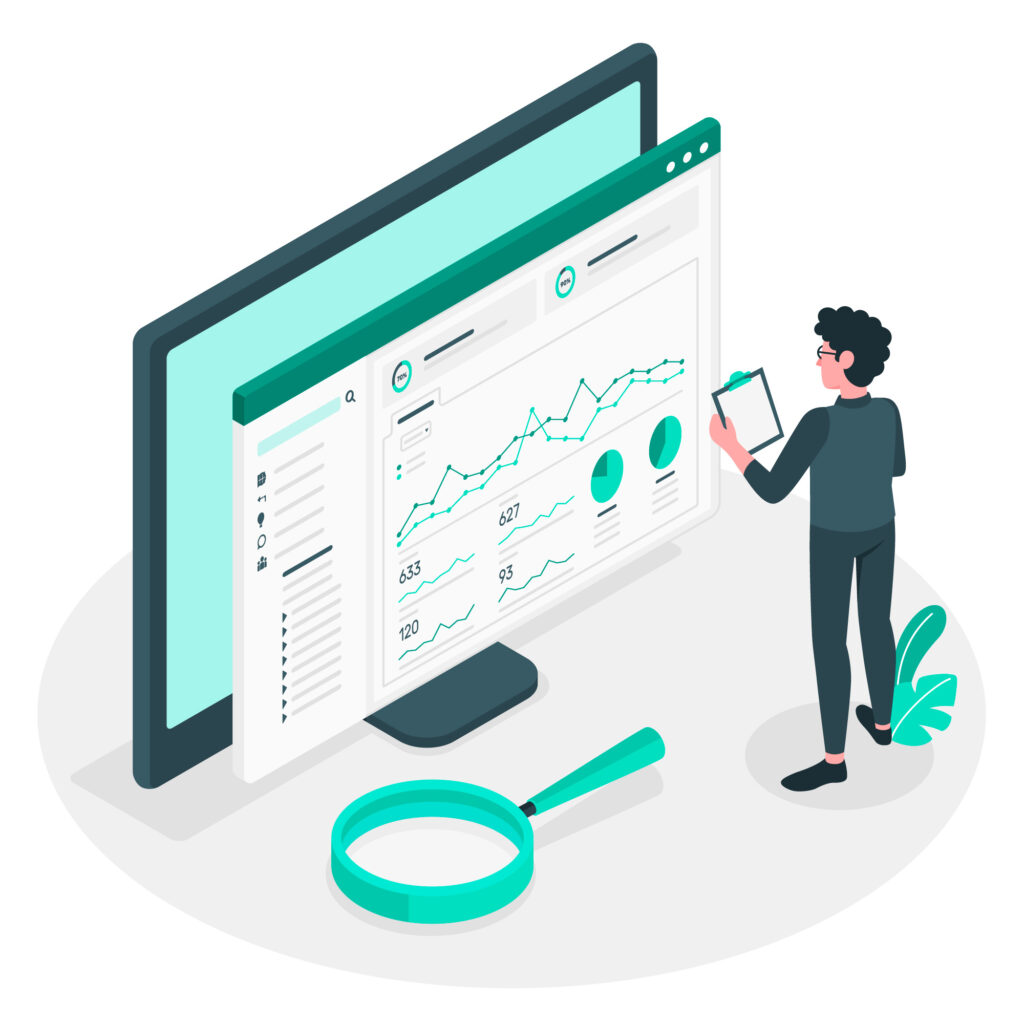Carmella

On March 16, 2022 Google announced the end of an era as we know it; Universal Analytics (also known as GA3) is being retired. Marketers around the world who have been relying on GA3 since its release in October of 2012, will no longer have access to historical data in GA3 as of Jan 1, 2024. Of course, the marketing industry knew that this was coming down the pipeline, but the timing of execution is what shocked all of us the most. With the poor communication from Google on the benefits of GA4, adoption rates across the industry have remained low and thus Google is forcing the upgrade industry-wide. Now that the inevitable is coming, and much sooner than expected, let’s dive into the must-know regarding Google Analytics 4.
What the heck is GA4?
The previous version of Google Analytics, GA3, was universal and built for a generation of online measurement that was anchored in the desktop web, independent sessions and more easily observable data from cookies. Cookies are files created by websites you visit which make your online experience easier by saving browsing information. With cookies, sites can keep you signed in, remember your site preferences, and give you locally relevant content. Now that most online users are accessing the world wide web through their mobile devices, tablets, etc, this measurement methodology is quickly becoming obsolete. The new version of Analytics, GA4, was designed and built to operate across platforms (web + app), does not rely exclusively on cookies, and uses an event-based data model to deliver user-centric measurement with a focus on privacy protection. Of course, GA4 is thus uniquely prepared for the advancement and future of the digital space, but the shortened timeline and forced adoption of this new tool still shocked those in the marketing industry; specifically the removal of historical data.

What are the benefits?
Of course, there are benefits to the industry that come with the adoption of GA4:
- Improved Customer Journey Tracking: With its intelligent aggregation, Google Analytics 4 gives you the tools needed to track and stitch together user journeys more accurately.
- Improved user engagement analysis: As well as being able to collect and aggregate more data, Google has made it more intuitive for marketers and analysts to dig into user centric reports, by aligning report menu sections with the customer journey.
- More powerful audiences for your ad campaigns: GA4 comes with new more powerful measurements, and more powerful analyst tools and integrations means more powerful audiences for marketing campaigns, which means better ROI on ad spend.
- More intelligent user privacy and tracking features: GA4’s approach to analytics is designed for a future where cookies will be less common, and where privacy is the main concern for users and regulatory bodies, resulting in a more flexible and adaptable approach from Google.
- Simplified Goals and Events Setup: GA4 will enable marketers to really hone goal tracking and get granular behavioural data.
- Enhanced visualizations and reporting: Although much of the UI will remain the same, there are a number of new visualizations and reporting functions.
- A plethora of parameters: Although more data doesn’t always mean better data, having the right parameters is a huge benefit for marketers. In GA4, you can set parameters with each event, adding more pieces of information to further specify the action the user took, or add further context to the event.
What does this all mean?
The long and short of it is that GA4 is coming whether we like it or not. If marketers haven’t already, now is the time to add a GA4 property in their Google Analytics account and start learning all there is to know about the new platform. Don’t forget, since GA4 does not carry over any historical performance it is advised to start that upgrade process as soon as possible. The sooner you start, the more data will be available to you after the forced changeover in January of 2024. Additionally, making time to learn GA4 now, will ensure you are able to pull data effectively and without thinking or researching once this new platform is implemented.
For business owners, it means better analytics and tracking of users across channels and devices. Although privacy protection is a main concern when it comes to talking about the future of advertising and analytics, there will always be data for analyzing and as marketers we need to be ready with the knowledge to leverage the data against our campaign objectives.
Marketing tips without
all the "fluff".


Partnering with brands we believe in from the mountain peaks to the city streets.


Want to work with us?
USE THIS EMAIL
Want to say hi?
GENERAL INQUIRIES


